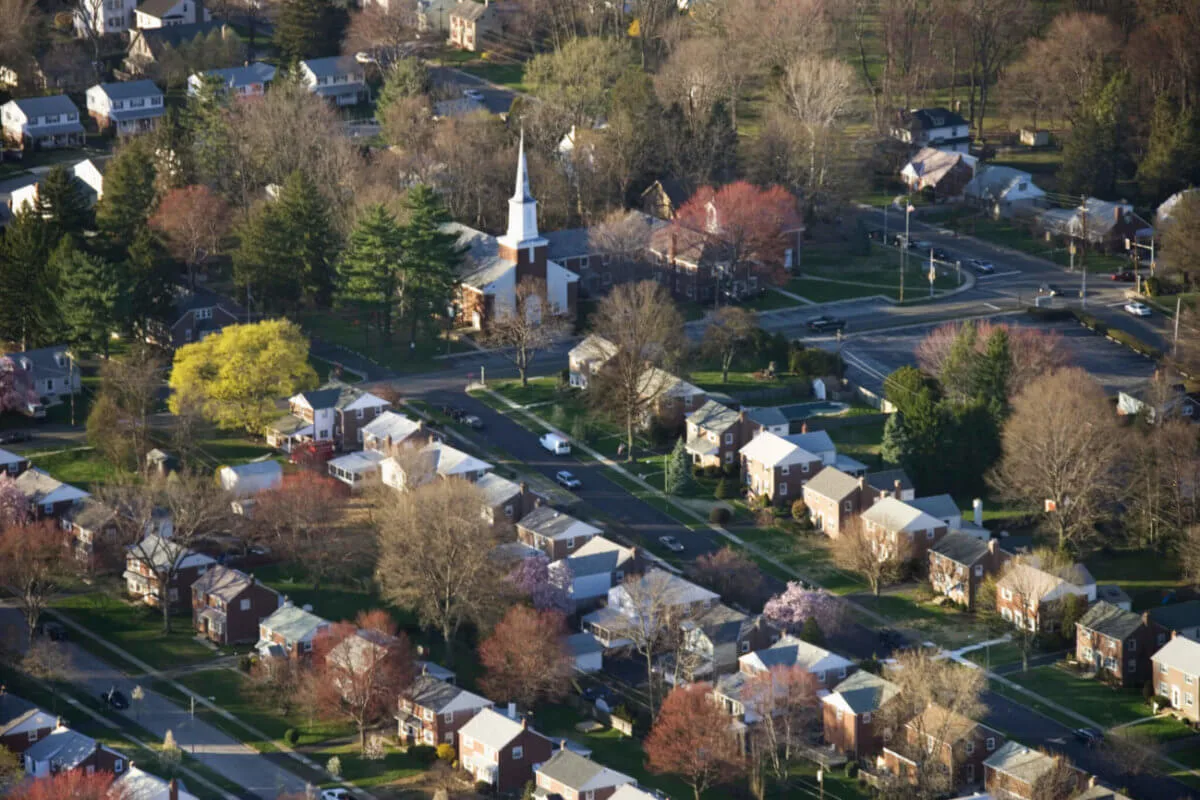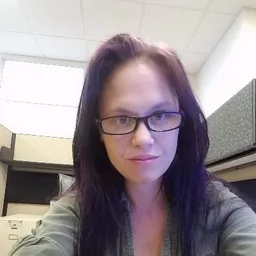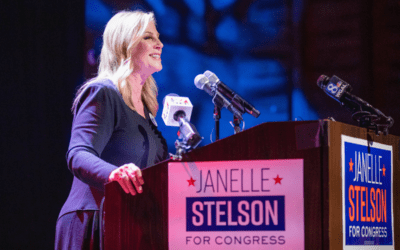
An aerial view shows houses in suburban Philadelphia. (Getty Images)
Pennsylvania’s shortage of affordable and available housing opportunities is at crisis level due to the pandemic, and disproportionately affects communities of color.
Pennsylvania had been dealing with an affordable housing crisis long before the pandemic hit. The coronavirus has made it worse.
Over 530,000 Pennsylvanians are behind on their rent, according to the most recent data from the US Census Bureau. That’s 22% of all renters in the state.
Almost 168,000 homeowners (or 4%) are behind on their mortgage payments.
With the federal and statewide moratoria on evictions ending in a few days, an avalanche of evictions and foreclosures could be coming.
While millions of dollars in funding has been earmarked for housing assistance in the American Rescue Plan, the desperately needed help will only provide short-term relief for a long-standing problem, said lawmakers and housing experts during a recent workshop on the crisis.
“Housing is and should be considered a human right,” said state Sen. Nikil Saval (D-Philadelphia), during the recent workshop. “But when we think about the state budget and how things are prioritized, we tend not to treat it that way. We tend not to make the long-term investments necessary to ensure every Pennsylvanian has safe housing they can afford.”
The Housing Crisis in PA
Prior to the pandemic, Pennsylvania had a shortage of affordable housing opportunities, said Andrea Mannino, senior advisor of Policy and Practice at Housing Alliance of PA, during the public workshop on housing. Many households struggle to pay rent, utilities, and food.
In the commonwealth, roughly 443,000 households (or 9)% are extremely low income renter households, Mannino said. Extremely low income is defined as raising a family of four on less than $25,000 per year.
There are 38 affordable and available rental units per 100 extremely low income renter households, she added.
Forty-eight percent of all Pennsylvania households experienced job income loss due to the pandemic, Mannino said. The largest number of jobs lost are in sectors of the economy with the lowest wages, such as the hospitality industry.
Communities of Color Disproportionately Affected by Housing Crisis
Communities of color are disproportionately affected by the economic turmoil, too.
More than 60% of Black households and nearly 80% of Latino households in the state experienced job income loss due to the pandemic, according to the US Census Bureau.
About 44% of Black households had trouble making their mortgage payments. Hispanic, Black, and Asian households had more trouble making their rental payments than white households.
“There are legislative policy, and programmatic solutions that can exist at every level of government to overcome the reality that many people do not know where they will lay their heads at night,” Mannino said.
COVID Relief Package Offers Some Short-Term Solutions
Pennsylvania will receive $670 million in federal aid from the latest COVID relief package specifically for emergency rental assistance. Another $300 million will help homeowners in danger of foreclosure.
Maximizing the distribution of federal funds is paramount, Saval said. Getting people the assistance they need will determine the breadth of the impending eviction crisis, he added.
“There are too many families across the commonwealth who are terrified about what happens next,” Saval said.
Sen. Vincent Hughes (D-Montgomery County) has introduced legislation in the state Legislature to extend the eviction moratorium for 60 days after the COVID emergency declaration ends.
Another immediate response to the crisis is a housing security bill that would help homeowners, landlords, and renters, Saval said. The bill requires state-regulated mortgage servicers to grant deferrals to all qualifying property owners and homeowners. The deferral would extend the borrowing terms of the mortgage instead of instituting a balloon payment. All late fees, processing costs, and service fees would be waived.
If the property is a rental, tenants would have their rent reduced to reflect the amount being deferred by the mortgage servicer.
“This would have the effect of canceling rent and mortgage payments for the duration of the pandemic while keeping property owners and servicers whole in the long run,” Saval said. “We are facing an unprecedented amount of debt and we need unprecedented solutions.”
Long-Term Solutions to the Housing Crisis
Dedicated funding for housing needs to be added to the state budget, Saval said. Housing is currently funded by tax credits, but would benefit more from a direct investment, he said.
Direct cash assistance to tenants is an option that should be explored, Saval said. This will eliminate the rampant discrimination that’s common with the traditional Section 8 housing vouchers, Saval said.
The state should also provide funding for eviction legal aid, said Stephanie Sena, anti-poverty fellow at Villanova University Charles Widger School of Law. There are 80,000 eviction cases filed each year in Pennsylvania. An outcome in favor of the tenant is achieved 95% of the time when they have legal representation.
Providing legal aid for tenants in eviction proceedings would save the state $45.2 million in decreased public benefits and homeless shelters, Sena said.
“In the US, we spend more money every year on costumes for our pet than on legal aid for low-income tenants facing evictions,” Sena said. “That is a tragedy and we need to reverse that.”
More available and affordable housing options are needed, Sena said. Most rental housing is old and in dire need of rehabilitation. A reallocation of resources is necessary to address the housing crisis in Pennsylvania, she said.
But the most important thing and the first hurdle to overcome, Saval said, “is to make housing a human right.”
Support Our Cause
Thank you for taking the time to read our work. Before you go, we hope you'll consider supporting our values-driven journalism, which has always strived to make clear what's really at stake for Pennsylvanians and our future.
Since day one, our goal here at The Keystone has always been to empower people across the commonwealth with fact-based news and information. We believe that when people are armed with knowledge about what's happening in their local, state, and federal governments—including who is working on their behalf and who is actively trying to block efforts aimed at improving the daily lives of Pennsylvania families—they will be inspired to become civically engaged.


For Rep. Susan Wild, supporting PA families includes reproductive rights and much more
Rep. Susan Wild wants to be very clear with Pennsylvanians: Donald Trump is committed to taking away women’s reproductive freedom, but he is not...

School districts working with anti-LGBTQ groups can cost your kids’ schools millions
Parents across South Central Pennsylvania are worried about the potential financial impacts working with anti-LGBTQ groups may have on their school...

VIDEO: Trump distances himself from his anti-abortion views
Donald Trump appeared on WGAL on Tuesday and continued to distance himself from his anti-abortion views claiming that reproductive rights are now a...

VIDEO: Community pushback gets school board to rescind decision on denying gay actor’s visit
Cumberland Valley School Board offered a public apology and voted to reinstate Maulik Pancholy as a guest speaker a week after the board voted to...

VIDEO: Project 2025 brings nuclear armageddon back into vogue
Project 2025 is a titanic document, with plans ranging from cutting half of all government employees to targeting reproductive rights on a scale...





